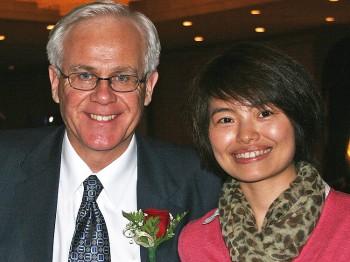PARLIAMENT HILL—On Wednesday, reporters staked various entrances to Parliament Hill’s Centre Block in hopes of speaking with Robert Dechert, the MP whose overly affectionate e-mails to a Chinese state media journalist have raised questions about national security.
And that might be a good thing, according to one expert.





